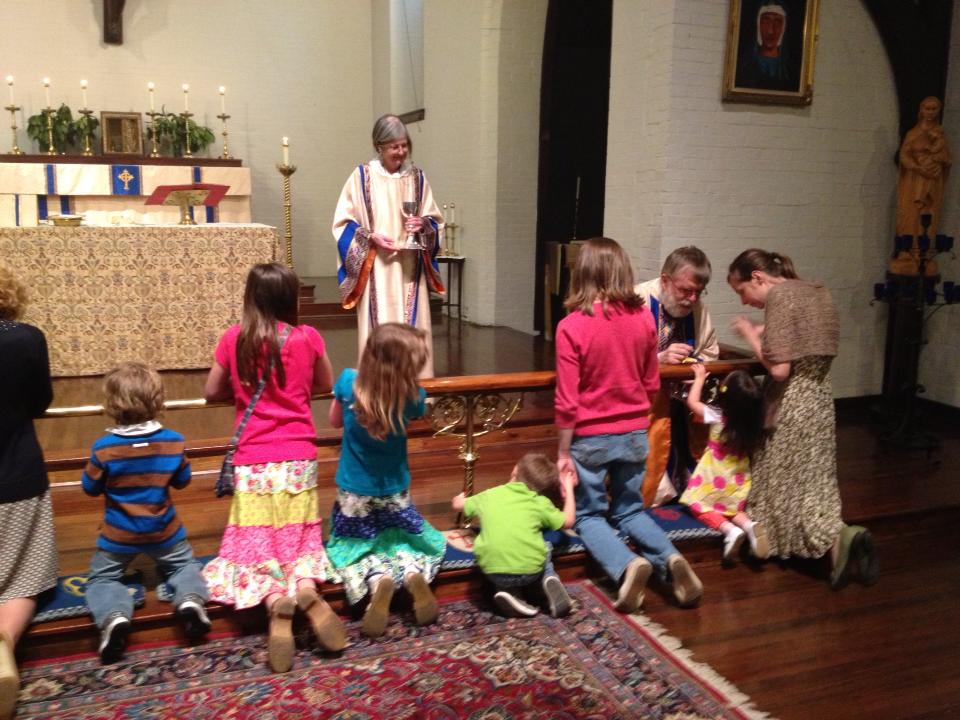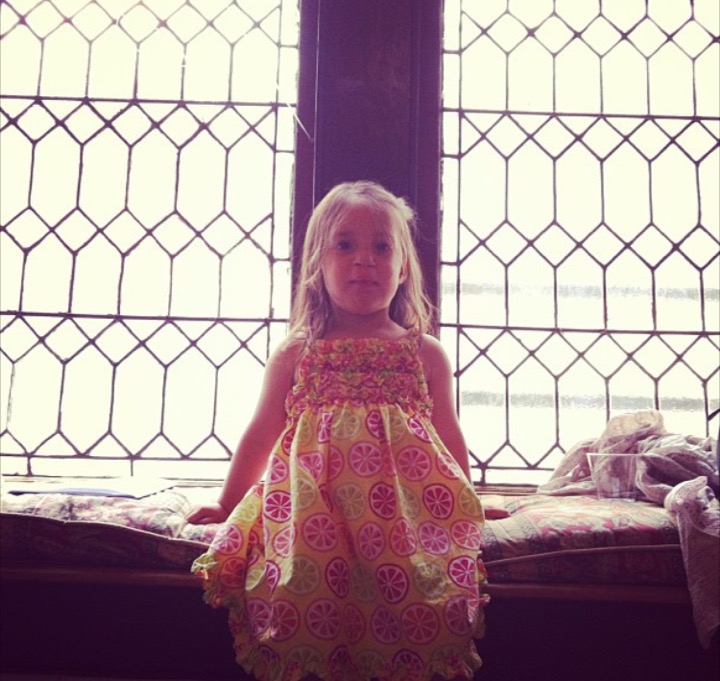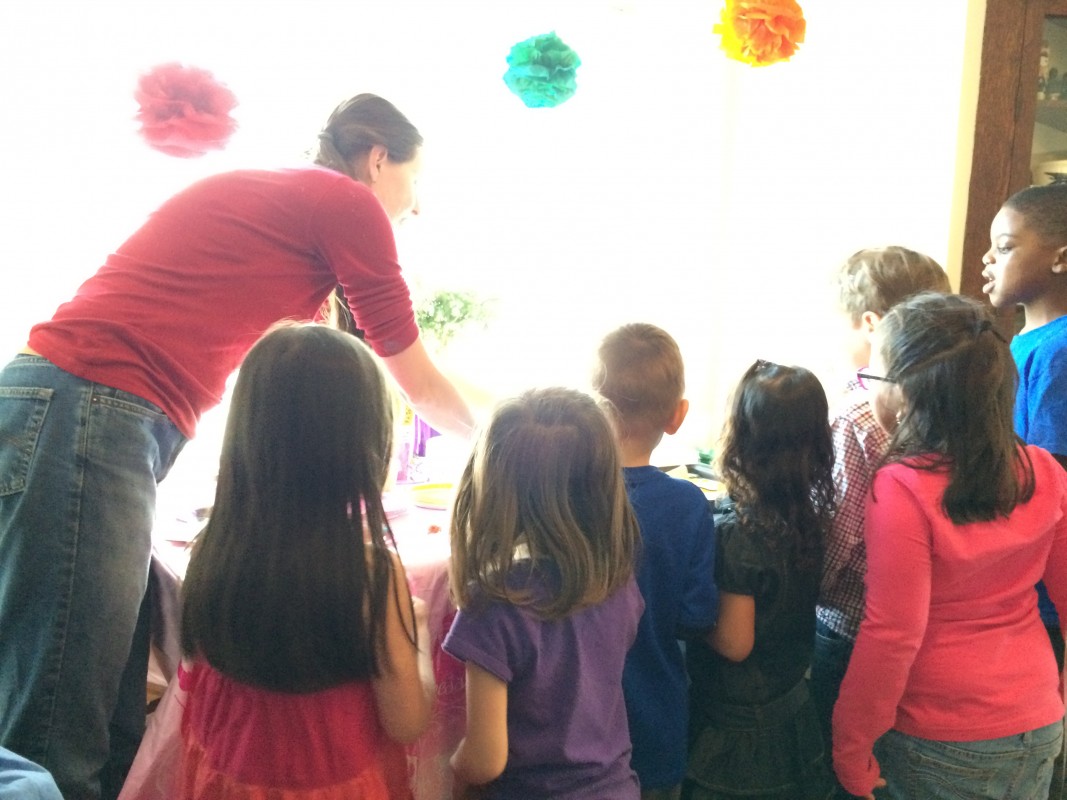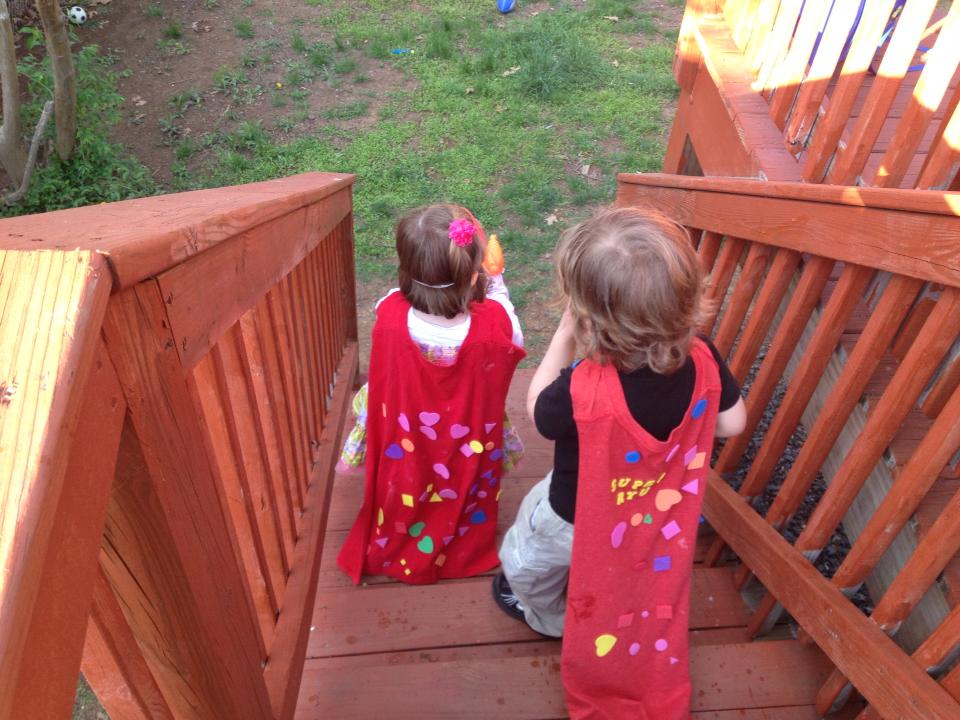 |
| This is not my Berkeley house, but it's similar. |
Many people lament the state of the rental market in the Bay Area. I spent eight years charging below market rent because I believed in helping the middle class. My reward: being pushed to the brink of bankruptcy.
On the outside everything is great. I recently landed a dream job teaching at a college back in my home town. The job provides the two things I never thought I'd be able to have together, teaching in my field
and living where I grew up, among my oldest friends. I always thought I'd have to sacrifice one of those components for the other. Then all of a sudden, this job opened up and it seemed like everything had fallen into place. Our years-long quest to find a way home was coming to a close.
Getting the job required some investment on our part. Aside from the years and student loan dollars we'd put into getting me into a position where I was a qualified candidate for a tenure track teaching position there were up-front costs as well. Unlike some universities with larger budgets this college did not offer to fly me in for my interviews. I paid my own way, on short notice, to fly across the country in order to put my best foot forward. It was just prior to walking into the room for the first interview that I learned that if I did well, there would be a second interview. I did well and when I was offered the second interview I asked if I could do it over the phone. The college preferred that I come in person, so I swallowed hard, and on even shorter notice, boarded a cross country flight in order to put my best foot forward.
It worked. I got the job. In that moment I was thrilled and fine with the financial investment it took to win the position. I still am. I still believe that I made the right choice in laying out the cash to secure a job that could make my family exceedingly happy. But the money is spent.
While I was at my first interview my father-in-law, who had been battling cancer for some time, was transferred from rehab to hospice. As soon as the interview was over I changed my return flight so that I could get back home right away. My wife jumped on a plane that evening as well, flying from our home in Maryland, to Arizona to be with her dad before he died. She purchased a one-way ticket, not knowing when, or from where she would return. It ended up being a week while she helped with funeral arrangements (he was to be buried in Indiana), and helped her mother move from Arizona to California to be closer to our families. After driving the moving truck to from Arizona to California, my wife returned home from the west coast in time for us to spend 14 hours together as a family before I flew off for my second interview.
We were satisfied with the decision to have her fly out on a same day fare so she could be with her dad before he passed. We were fine with the decision for her to miss work to help her mother. We believe we made the right choice in laying out the cash to help our family both emotionally and practically. But the money is spent.
Once I accepted the job we faced the prospect of moving. Again. We had been in out new home for less than a year when we decided to pursue this new gig. The kids had just recently related how excited they were to not spend another summer moving. Sorry guys.
I don't know if you've ever moved across country, but it's not cheap. We took a hard look at our finances and realized we would end up in significant credit card debt, but decided it was worth it. After all, this was the fulfillment of our dreams. This was a chance to possibly make the last move for the last job to the last house.
 |
| Don't we deserve to live in our house too? |
The house. The house is what makes all of this possible, and what is doing us in. My brother and I inherited our mother's house when she died. For the last eight years the house has been rented to a nice family. We have rarely raised the rent, the raises have been below what is allowed by law, and the rent has never been raised to anything near market value. Without the house my family wouldn't be able to consider moving back. The housing market in the Bay Area is out of control. You'd think that having the house there to move into would solve a lot of problems for us, and you'd be right. It's also going to temporarily bankrupt us.
The city we live in is very tenant friendly. It's easy to see how that's happened over the years. As a mostly quiet university town it's always been a desirable place to live. As such, the rental market has steadily become higher priced. Over the decades shady landlords have done terrible things to get tenants out of rent controlled apartments to take advantage of boom times in the market. The result is a set of regulations that require landlords to pay relocation fees for tenants they evict for various causes.
For our situation, known as an "Owner Move In," we were required to pay $4,500 to our tenants because they claim that they are low income. Their family is actually a lot like ours. The person in the family I have been dealing with is also an academic who does some freelance writing. They have kids, just like we have kids. It hurts me to cast them out into the current rental market after eight years of stability. I know that I probably wouldn't be able to find an adequate place to rent for my family given my income. I wish I could live my dream, in my home, without having to displace someone else. But I can't. My income isn't that different from theirs. In fact, our incomes are so similar that based on my new salary, my family nearly fits the city's threshold for low income. That is, if our situations were reversed, I could petition to be paid a $4,500 relocation fee. But I can't afford to pay one.
At the time of our move our bank account showed $9,000 in combined checking and savings against $2,600 in debt. (These numbers don't include our monthly income or expenses). Half of that $9000 is the deposit we are holding for our renters, which will be paid back when they move out. The other $4,500 is what we will have to pay in relocation if our tenants can show that they meet the definition of "low income." The net result of that math is that my family will soon be in the nightmare position of many other American families. We will be heavily in debt, with no savings, no safety net. We will be one missed pay check away from disaster. And that's before we pay for our move, or know whether we'll be able to cover our expenses between moving and figuring out what to do with our current house. If you're keeping score, that means that for some time period we will have two mortgages (plus rent we pay to my brother for the house) and no savings. We spent more than another $3000 in moving expenses. All because we want to live in the house we already own. But the money is spent.
 |
| Trucks are expensive. (Banana for scale) |
I get it. I do. I understand why we need laws to protect people from unscrupulous landlords. I don't understand why there aren't provisions in place to also protect middle class people who are also living on the edge. I called the city to ask what happens if a landlord doesn't have the $4,500. The woman I spoke to said she'd have to get back to me because it had never happened. In the end the city attorney, by way of a rent board counselor, informed us that we'd simply have to come up with the money somehow. I told her, "I don't have the money." She replied that the people we were evicting don't have place to live. She said it with mic-drop finality, the righteousness of someone who spends their life standing up to evil and defending the poor. "Neither do I" I replied. "If I can't live in my house I also have no where to live." She admitted, sheepishly, that I had point.
I'm not mad at the tenants. They have their own life altering issues to deal with on top of having to move. Just as we had our life altering issues to deal with on top of having to move. I don't even fully blame the city. The law is the result of years of scuzzy landlords screwing people over for profit. But that's not me. It's hard to believe that a city ordinance meant to protect people is also designed in a way that will leave my family penniless. Or worse, leave us in debt and without any cash on hand. This is how the stories of people who lose everything often begin. But the money is spent.
I'm scared. The only other time I've had a bank account at all zeroes was right after my divorce. But in that case I was 27 years-old and single. I had a student loan, but no other debts. I knew I'd be able to figure it out. Now, with three kids and major expenses from my move I'm as afraid for my future as I have ever been. Maybe you'll read this and scoff. Maybe you'll think to yourself that I'm better off than others. I am. Maybe you'll think I deserve this for being silly enough to chase a dream and think I could have it all. I ]would disagree. Maybe I should have been better prepared for all this, but it's hard to prepare for something you don't think will ever happen. The person who had this job before me was here for 35 years.
In reality it
is my fault, for not pursuing money at the cost of all else. Where I live single family homes like the one we're renting out are not subject to rent control. This means that with enough notice I could raise the rent periodically to keep up with the market. Right now the house we originally rented out for $2,400 has seen roughly $350 in rent increase over eight years. That's $2,750 for a house that has a market value of $4,000/month. For me it was more important to have this one family in the house rather than pursue the maximum profit. It's my Berkeley upbringing that causes me to value the well being of the tenants and their family over that of my own. The fact that I have willingly sacrificed thousands of dollars and saved the tenants money, and probably at least one increase related move doesn't factor in to the law that requires me to give away thousands more.
In the situation I'm in now I do look back and wonder what would be different if I'd insisted on collecting market value all these years. But I know the answer to that. I'd be a villain like the landlords you see in
articles like this where tenants have their rents increased double or
triple digit percentages all at once. I'd be a symbol for everything wrong in Northern California's dot com era. I'd be the kind of person that the current laws are meant to protect tenants against. I didn't want to be that person. I have not been that person. But I'm paying the price anyway.
There's a larger point to all this. Maybe it's something about laws that make the middle class cannibalize each other. A family having to leave their rental and facing financial pressure in a market made crazy by dot-commers and Airbnb, needs to take the full life savings of another middle class family in order to survive. Laws that targeted the 1% are backfiring and bringing ruin to a couple who have student loans and a home and who have tried to do everything right in terms of paying creditors. Laws that are pitting one normal family's needs against another's. Maybe it's about bureaucracy that lacks nuance.
There's a ballot initiative this year, Measure AA, that seeks to increase the relocation payment to $15,000 per unit
plus $5,000 for families that claim to be low income. The wild thing is, there's no test for income status. All people have to do is claim to be low income, they are not required to provide proof unless the eviction goes to court. Had we been forced to pay $20,000 in order to reclaim our home we couldn't have done it. Essentially, our renters would have laid permanent claim to our house. It's unacceptable. A normal middle class family like ours shouldn't be held hostage simply because we didn't want to sell our home. Worse, we shouldn't have to be painted into a corner where the only way for us to get our house back is to drastically raise the rent in an effort to force tenants out. To borrow a phrase, "Ain't nobody got time for that." Besides, it's morally and ethically uncool. Sadly, if measure AA passes it will be the only way for people like me, people with no savings and no cash, to get their homes back when it is time to stop renting them out. If AA were in effect last summer I'd still be living in Maryland hoping that the job I wanted came open again while I was still in the workforce. My dream, my family's dream, would have been denied even though we've tried to do everything right.
Maybe this is the final cost for all of the great experiences we've had. Along with declining to raise the rent there have been times when I have placed experiences above finances. I chose to stay home and raise my kids rather than work the 93 hours-a-week I had been putting in the previous few years. Maybe I'm a secret millennial, and not the hard working Gen-Xer I'd believed I was.
I have been blessed to be able to pursue An Interdisciplinary Life. I have hope that I will be able to bounce back from a bank account that reads $0.00 in assets and more than $5,600 in debts. I look forward to being able to follow this up in a year and telling you it all worked out. But the money is spent, and I regret nothing.































